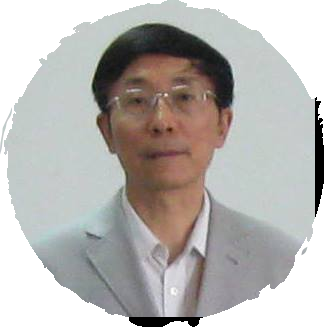



Dr. Sun is a professor and Chair of the Academic Committee, School of Foreign Languages at Renmin University of China. He has also been working as a member of the Excellent Educational Resources Abroad and Quality Assurance System Advisory Board under the Ministry of Education, and an Inspector of the National Test for English Majors (TEM) under the Ministry of Education. Before he came to Beijing, Dr. Sun was a professor, vice dean, and department chair at Northwest University in Xi’an.
Modern Chinese fiction has gone through unprecedented development since the dawn of the 20th century and has become increasingly connected with the many-faceted global existence. Substantial knowledge of modern Chinese fiction will enable students to understand central aspects of 20th and 21st century Chinese society and culture.
This course introduces selected fictional works by some of the most insightful writers of modern China. The course focuses on significant aspects of these works with an objective to enhance students’ fascination with and skill in the reading and analysis of modern Chinese fiction. Participants in this course will study the writers’ moral obligation to expose prevalent spiritual corruption in the face of progress and modernization. The participants will also learn to understand the Chinese writers’ emotional intensity as well as their faith in human dignity and wisdom. All readings are in English and there is no prerequisite for this course.
Course assignments and class investigation will:
1. Promote, through oral and written communication, students’ reading skills, critical thinking, and analytical abilities appropriate to the study of literature.
2. Provide students with the opportunity, both in and outside of class, to practice writing.
3. Introduce students to basic concepts of literary criticism.
4. Enable students to develop the practice of reading literary texts within their social, historical, and cultural contexts.
5. Guide students to explore the relationship of literature to other disciplines.
6. Broaden students’ understanding of the multifaceted relationship of Chinese literature to society: as mediator, mirror, interpreter, and critique.
7. Enhance students’ understanding of the ethical implications in Chinese literature concerning expression of self and depiction of others.
